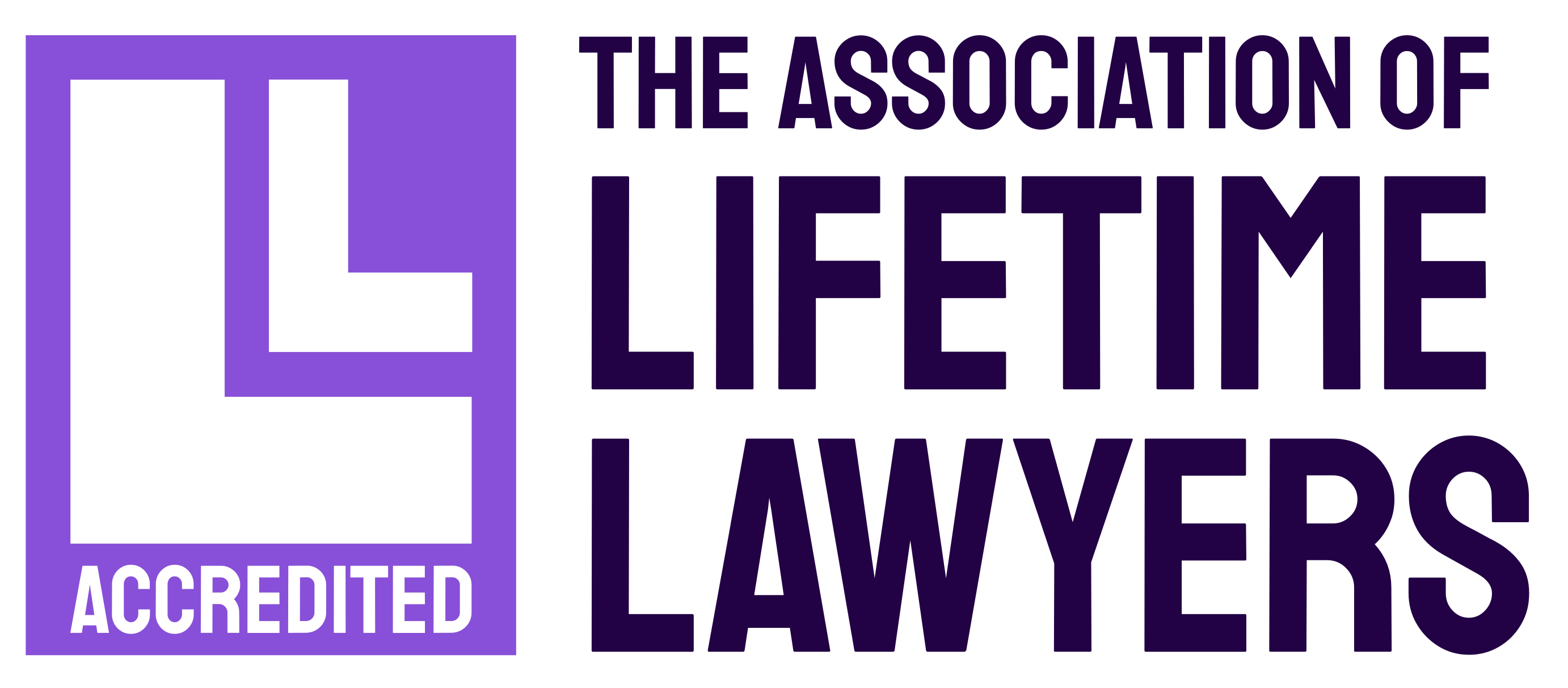News & insights
Don’t be daunted, but do be prepared
7th February 2019

Today, young people are significantly less likely to own a home than they were 30, 20 or even 10 years ago. In the UK in 2018, 25% of those aged 27 owned a home, the ownership rate at the same age in those born five years earlier was 33% and five years before that, 43%.
Here, in the North East, where properties continue to be more affordable, home ownership among 25-34 year olds is the highest in the UK, with well over 40% of the age bracket living in their own place. Unsurprisingly, London and the South East trail the list.
As a starting point for anyone considering climbing onto the first rung of the property ladder in 2019, here a few things to consider when setting out on the road to owner-occupancy.
Firstly, do your homework on finance. It’s really important to have a reasonable idea of your budget. If you haven’t had time to speak to a financial adviser or mortgage lender, there are a number of websites which can give you an estimate of how much you will be able to borrow most banks offer an online service, as well as sites such as MoneySavingExpert. After all, there’s no point setting your heart on that detached chateau, if your budget will only stretch to a two-bedroomed terrace. Although they are subject to occasional government tinkering, there are still multiple support schemes available to first time buyers, including but not limited to, Help to Buy, Shared Ownership and Help to Buy ISAs. You can find out more about these schemes on the government’s dedicated website helptobuy.gov.uk
When you’ve completed your finance homework, look into the specifics of your desired property. This is your first house, so you’re unlikely to get that home cinema you’ve always hankered for, but knowing what you’re looking for (within reason) makes the search a good deal easier. It’s not just home features you need to bear in mind, but location and amenities too. Consider your parking needs, proximity to your work, and depending on your plans, whether it is in the catchment area of good schools. You’ll need to decide too, how many rooms you will need, and whether a garden is a deal breaker.
Then it all comes down to the viewings, which are a hugely valuable opportunity to get the intel on your prospective dwelling.
Henry Carver of Carver Residential, said: “First time buyers should always try to have an awareness of what the running costs of the property will be. Key questions include how old is the boiler and when was it last serviced? The last thing you want is to have the unexpected cost of faulty boiler shortly after you’ve moved in. Its also helpful to ask if the estate agent can give you three months’ worth of utility bills, so that you have a good idea of what it actually costs to heat and light the house.
“It is also worth getting financially qualified, that is, having proof that you have the deposit and can get a mortgage for the property. Many first time buyers see a house, fall in love with it and put in an offer, only to be disappointed because they can’t borrow the money required. It will avoid disappointment in the long run.”
Above all, remember, you’re not alone in your quest. There are lots of us ready and willing to lend an ear and give you the benefit of our experience, whether lawyers, estate agents or financial advisors. Every home owner, at some point, has been a first time buyer and, as they say, a problem shared is a problem halved, so make the most of people’s experiences, avoid the common pitfalls, and sail towards a new future in your own home.
Please note: This article is intended as guidance only. No responsibility for loss occasioned/costs arising as a result of any act/failure to act on the basis of this article can be accepted by Latimer Hinks. In addition, no responsibility for loss occasioned/costs arising as a result of any act/failure to act on the basis of this article can be accepted by the firm.




